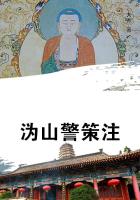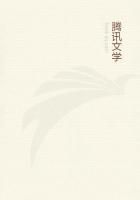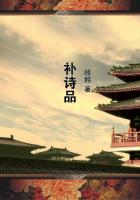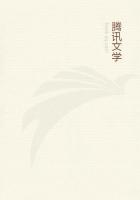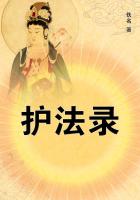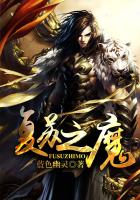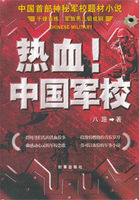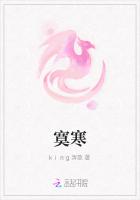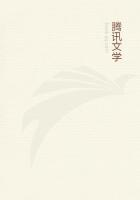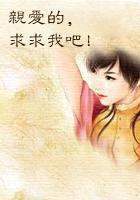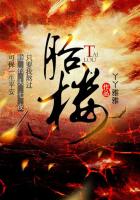Here, at last, was reason for hope that they had found one of the Asiatic missions of the Church. Columbus at once landed a party, instructing them to go forty miles inland, if necessary, to find people. But this party found neither path nor roadway, although the country was rich and fertile. Another party brought back rich bunches of grapes, and other native fruits. But neither party saw any friars of the order of Saint Mary. And it is now supposed that the Spaniard saw a peaceful flock of white cranes. The traveller Humboldt describes one occasion, in which the town of Angostura was put to alarm by the appearance of a flock of cranes known as soldados, or "soldiers," which were, as people supposed, a band of Indians.
In his interviews with the natives at one point and another, upon the coast, Columbus was delighted with their simplicity, their hospitality, and their kindly dealing with each other. On one occasion, when the Mass was celebrated, a large number of them were present, and joined in the service, as well as they could, with respect and devotion. An old man as much as eighty years old, as the Spaniards thought, brought to the Admiral a basket full of fruit, as a present. Then he said, by an interpreter:
"We have heard how you have enveloped, by your power, all these countries, and how much afraid of you the people have been. But Ihave to exhort you, and to tell you that there are two ways when men leave this body. One is dark and dismal; it is for those who have injured the race of men. The other is delightful and pleasant; it is for those who, while alive, have loved peace and the repose of mankind. If, then, you remember that you are mortal, and what these retributions are, you will do no harm to any one."Columbus told him in reply that he had known of the two roads after death, and that he was well pleased to find that the natives of these lands knew of them; for he had not expected this. He said that the king and queen of Spain had sent him with the express mission of bringing these tidings to them. In particular, that he was charged with the duty of punishing the Caribs and all other men of impure life, and of rewarding and honoring all pure and innocent men. This statement so delighted the old prophet that he was eager to accompany Columbus on a mission so noble, and it was only by the urgent entreaty of his wife and children that he stayed with them. He found it hard to believe that Columbus was inferior in rank or command to any other sovereign.
The beauty of the island and the hospitality of the natives, however, were not enough to dispose the crews to continue this exploration further. They were all convinced that they were on the coast of Asia. Columbus did not mean that afterwards any one should accuse him of abandoning the discovery of that coast too soon. Calling to their attention the distance they had sailed, he sent round a written declaration for the signature of every person on the ships. Every man and boy put his name to it. It expressed their certainty that they were on the cape which made the end of the eastern Indies, and that any one who chose could proceed thence westward to Spain by land. This extraordinary declaration was attested officially by a notary, and still exists.
It was executed in a bay at the extreme southwestern corner of Cuba. It has been remarked by Munoz, that at that moment, in that place, a ship boy at the masthead could have looked over the group of low islands and seen the open sea, which would have shown that Cuba was an island.
The facts, which were controlling, were these, that the vessels were leaky and the crews sick and discontented. On the thirteenth of June, Columbus stood to the southeast. He discovered the island now known as the Island of Pines. He called it Evangelista. He anchored here and took in water. In an interview, not unlike that described, in which the old Cuban expressed his desire to return with Columbus, it is said that an Evangelistan chief made the same offer, but was withheld by the remonstrances, of his wife and children. A similar incident is reported in the visit to Jamaica, which soon followed. Columbus made a careful examination of that island. Then he crossed to Hispaniola, where, from the Indians, he received such accounts from the new town of Isabella as assured him that all was well there.
With his own indomitable zeal, he determined now to go to the Carib islands and administer to them the vengeance he had ready.
But his own frame was not strong enough for his will. He sank exhausted, in a sort of lethargy. The officers of his ship, supposing he was dying, put about the vessels and the little squadron arrived, none too soon as it proved, at Isabella.
He was as resolute as ever in his determination to crush the Caribs, and prevent their incursions upon those innocent islanders to whom he had made so many promises of protection. But he fell ill, and for a short time at least was wholly unconscious. The officers in command took occasion of his illness, and of their right to manage the vessels, to turn back to the city of Isabella. He arrived there "as one half dead," and his explorations and discoveries for this voyage were thus brought to an end. To his great delight he found there his brother Bartholomew, whom he had not seen for eight years.
Bartholomew had accompanied Diaz in the famous voyage in which he discovered the Cape of Good Hope. Returning to Europe in 1488 he had gone to England, with a message from Christopher Columbus, asking King Henry the Seventh to interest himself in the great adventure he proposed.
The authorities differ as to the reception which Henry gave to this great proposal. Up to the present time, no notice has been found of his visit in the English archives. The earliest notice of America, in the papers preserved there, is a note of a present of ten pounds "to hym that found the new land," who was Cabot, after his first voyage. Bartholomew Columbus was in England on the tenth of February, 1488; how much later is not known.

